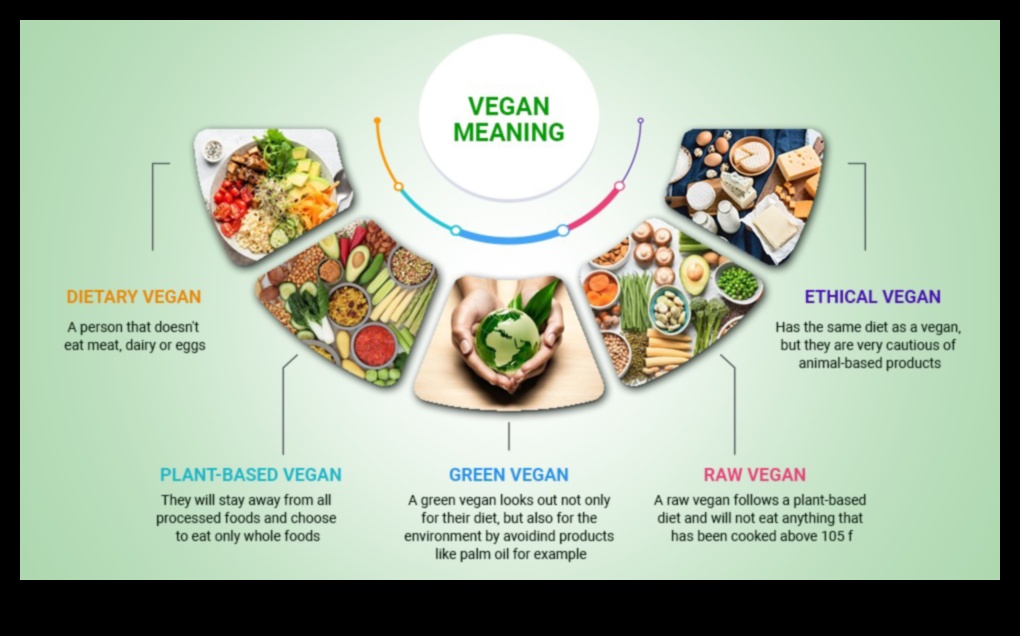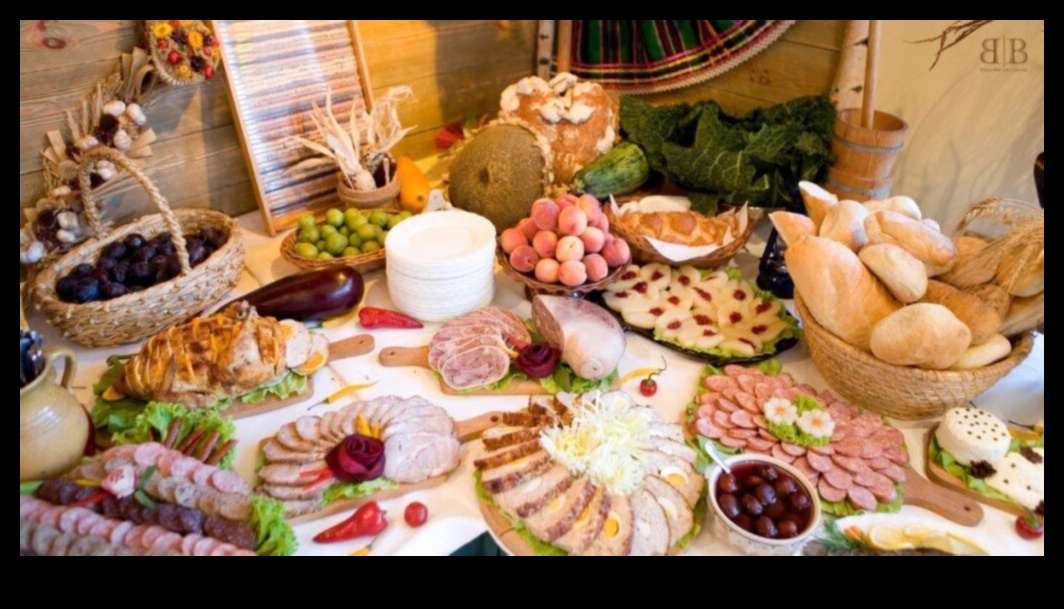
II. Benefits of Veganism
III. Types of Vegan Diets
IV. Popular Vegan Recipes
V. How to Cook Vegan Meals
VI. Shopping for Vegan Ingredients
VII. Eating Out Vegan
VIII. Transitioning to a Vegan Diet
IX. Tips for Vegan Parents
General Questions
1. vegan cuisine
2. plant-based cooking
3. cruelty-free food
4. sustainable eating
5. ethical food
People searching for the keyword “Vegan Elegance: Culinary Artistry Beyond Animal Ingredients” are likely looking for recipes or cooking tips for vegan dishes. They may also be interested in learning more about the ethics of veganism or finding vegan-friendly restaurants in their area.
| Topic | Feature |
|---|---|
| Vegan cuisine | Plant-based recipes that are both delicious and nutritious |
| Plant-based cooking | Tips and tricks for cooking vegan dishes that are both flavorful and satisfying |
| Cruelty-free food | Information about the ethics of veganism and how to make choices that are cruelty-free |
| Sustainable eating | Information about the environmental impact of food choices and how to make choices that are more sustainable |
| Ethical food | Information about the ethical implications of food choices and how to make choices that are more ethical |

II. Benefits of Veganism
Veganism is a plant-based diet that excludes all animal products, including meat, dairy, eggs, and honey. There are many potential benefits to adopting a vegan lifestyle, including:
- Reduced risk of heart disease, stroke, type 2 diabetes, and some types of cancer
- Improved cholesterol levels
- Lowered blood pressure
- Increased energy levels
- Improved sleep quality
- Enhanced mood
- Increased weight loss
- Reduced risk of some chronic diseases
In addition to the health benefits, veganism is also a more sustainable way to live. Animal agriculture is a major contributor to greenhouse gas emissions, water pollution, and deforestation. By choosing to eat a plant-based diet, you can help to reduce your impact on the environment.
If you’re interested in learning more about the benefits of veganism, there are many resources available online and in libraries. You can also find many delicious vegan recipes online and in cookbooks.
III. Types of Vegan Diets
There are many different types of vegan diets, each with its own set of principles and guidelines. Some of the most common types of vegan diets include:
-
Strict veganism, also known as “veganism” or “pure veganism”, is a diet that excludes all animal products, including meat, dairy, eggs, and honey.
-
Flexitarian diets are less restrictive than strict veganism and allow for the occasional consumption of animal products.
-
Plant-based diets are based on plant foods but may include some animal products, such as dairy or eggs.
The type of vegan diet that is right for you will depend on your individual needs and preferences. If you are considering adopting a vegan diet, it is important to do your research and consult with a registered dietitian to make sure that you are getting the nutrients that you need.
IV. Popular Vegan Recipes
Here are some popular vegan recipes:
- Vegan chili
- Vegan lasagna
- Vegan pizza
- Vegan burgers
- Vegan tacos
- Vegan pad thai
- Vegan stir-fry
- Vegan curry
- Vegan soups
How to Cook Vegan Meals
Vegan cooking can be simple and delicious. Here are a few tips to get you started:
- Start with a plant-based protein, such as tofu, tempeh, beans, or lentils.
- Add vegetables, fruits, and whole grains to round out your meal.
- Use herbs, spices, and seasonings to create flavorful dishes.
- Don’t be afraid to experiment! There are endless possibilities when it comes to vegan cooking.
For more specific tips, check out our recipes section. We have hundreds of delicious vegan recipes to choose from, so you’re sure to find something you love.
VI. Shopping for Vegan Ingredients
When shopping for vegan ingredients, it is important to be aware of the following:
- Some ingredients may be labeled as “vegan” but may still contain animal products, such as honey or dairy.
- Many processed foods contain hidden animal ingredients, such as gelatin, casein, or whey.
- It is important to read the labels of all food products carefully to ensure that they are vegan-friendly.
Here are some tips for shopping for vegan ingredients:
- Stick to whole, unprocessed foods as much as possible.
- Look for vegan-friendly labels on products.
- Read the ingredient lists of all food products carefully.
- Ask the store manager if you are unsure about whether a product is vegan-friendly.
Shopping for vegan ingredients can be a challenge, but it is definitely possible to find delicious and nutritious vegan foods at your local grocery store. With a little bit of research, you can easily stock your kitchen with all the vegan ingredients you need to cook delicious and satisfying meals.
VII. Eating Out Vegan
Eating out vegan can be a challenge, but it is becoming increasingly easier as more and more restaurants offer vegan options. Here are a few tips for eating out vegan:
- Do your research before you go. Check the restaurant’s website or social media pages to see if they have vegan options.
- Call the restaurant ahead of time to make sure they can accommodate your dietary needs.
- Ask for vegan modifications to dishes. Many dishes can be made vegan by simply omitting meat, dairy, and eggs.
- Be prepared to order sides or appetizers if there are no main dishes that are vegan.
- Don’t be afraid to ask for help from the waitstaff. They are usually happy to make suggestions or help you find vegan options.
With a little planning and effort, you can easily enjoy a delicious and satisfying vegan meal when you eat out.
VIII. Transitioning to a Vegan Diet
Transitioning to a vegan diet can be a big change, but it’s one that many people find to be incredibly rewarding. If you’re thinking about making the switch, here are a few things to keep in mind:
- Start by making small changes. Don’t try to go vegan overnight. Start by cutting out meat one day a week, then two days a week, and so on.
- Read labels carefully. Many foods that you think are vegan may actually contain animal products. Be sure to read the labels of everything you eat to make sure that it’s vegan-friendly.
- Talk to your doctor. If you have any health conditions, talk to your doctor before making any major changes to your diet.
- Find support. There are many resources available to help you transition to a vegan diet. Talk to your friends and family, join a vegan support group, or read books and blogs about veganism.
Making the switch to a vegan diet can be a challenge, but it’s also an incredibly rewarding one. By following these tips, you can make the transition as smooth as possible.
Tips for Vegan Parents
Here are some tips for vegan parents:
- Start by making small changes to your child’s diet, such as adding more plant-based foods and gradually reducing the amount of animal products.
- Make sure your child is getting enough nutrients, such as protein, iron, and calcium. There are many vegan sources of these nutrients, such as beans, lentils, tofu, and fortified plant milks.
- Talk to your child about veganism and why you’re making the decision to raise them as a vegan. Be open to answering their questions and concerns.
- Find a community of vegan parents who can support you and offer advice.
Raising a vegan child can be a rewarding experience. By providing your child with a healthy and compassionate diet, you’re setting them up for a lifetime of good health.
Question and Answer
Q: What is veganism?
A: Veganism is a lifestyle that seeks to exclude all forms of animal exploitation and cruelty, including the consumption of meat, dairy, eggs, and honey.
Q: What are the benefits of veganism?
A: There are many benefits to adopting a vegan lifestyle, including improved health, environmental sustainability, and animal welfare.
Q: How do I transition to a vegan diet?
A: Transitioning to a vegan diet can be a gradual process. Here are a few tips to help you get started:
- Start by cutting out meat and dairy from your diet.
- Replace animal products with plant-based alternatives, such as tofu, tempeh, beans, and lentils.
- Make sure to get enough nutrients from your diet, such as protein, iron, and vitamin B12.
- Talk to your doctor or a registered dietitian if you have any questions or concerns about transitioning to a vegan diet.